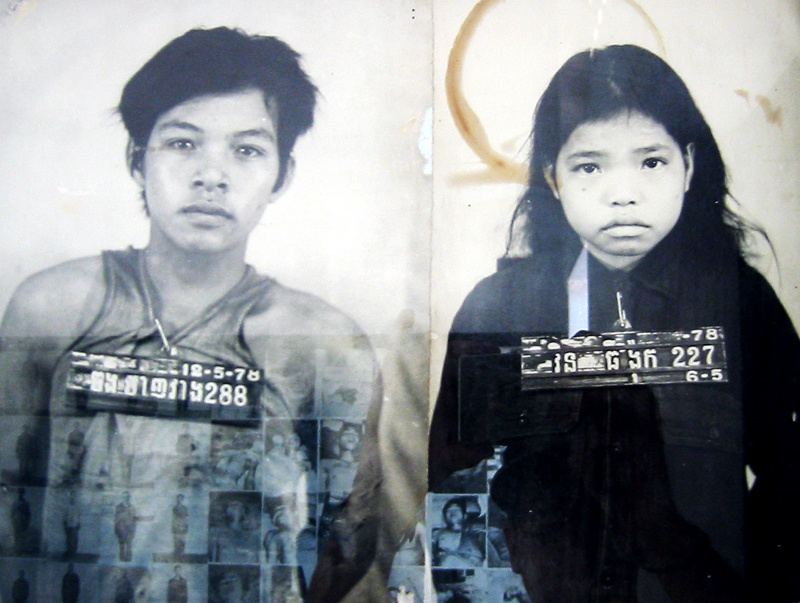

The Center for Justice and Accountability identifies and prosecutes human rights criminals who have committed the horrific crimes of torture or other forms of cruel, inhuman or degrading treatment or punishment.
Torture violates the Universal Declaration of Human Rights, the Geneva Conventions of 1949, Additional Protocols I and II, and the United Nations Convention Against Torture, which has been ratified by 158 countries, as well as domestic laws implementing treaty obligations.
The U.N. Convention Against Torture and other Cruel, Inhuman or Degrading Treatment or Punishment (CAT) defines torture as: “Any act by which severe pain or suffering, whether physical or mental, is intentionally inflicted on a person for such purposes as obtaining from him or a third person information or a confession, punishing him for an act he or a third person has committed or is suspected of having committed, or intimidating or coercing him or a third person, or for any reason based on discrimination of any kind, when such pain or suffering is inflicted by, or at the instigation of, or with the consent or acquiescence of a public official or other person acting in an official capacity. It does not include pain or suffering arising only from, inherent in or incidental to lawful sanctions.”
While CAT does not provide an enumerated list of acts that qualify as cruel, inhuman or degrading treatment, it is generally viewed as being of the same character as torture, but to a lesser degree of severity.
Despite the clear prohibitions against torture, Amnesty International estimates that at least 81 countries currently practice torture. In the United States, there are as many as 1.3 million refugees who had been tortured in their home countries, according to analysis by the Center for Victims of Torture.
The United States has been widely condemned for torture committed at Abu Ghraib and Guantánamo after 9/11, including acts of waterboarding, rectal feeding, and mock executions.
CJA’s first torture case, Mehinovic v. Vuckovic, was filed in 1998. Vuckovic had beaten CJA’s clients with his bare fists and metal pipes, sometimes hanging them from ropes. Vuckovic and the other soldiers played Russian roulette with their captives. They fired rounds over a plaintiff’s head, mocking: “Even the bullets don’t want him.” CJA won the case against Vuckovic, who was found liable for the torture of our clients and ordered to pay $140 million in damages.
Since our first case litigating Bosnian war crimes, CJA has represented victims of the Pinochet regime in Chile, survivors of the Siad Barre regime in Somalia and victims of the Khmer Rouge regime in Cambodia, among many others.
Through our amicus briefs, we have supported holding U.S. government contractors liable for torture at Abu Ghraib. And through our impact litigation, we have sought to expose the role of psychologists and medical professionals in designing the abusive interrogation program at Guantánamo Bay.
CJA has helped develop and expand key legal doctrines in torture cases, arguing important concepts like how the use of rape is a form of torture.
CJA has advocated for policies to ban torture in the United States, and support the treatment of torture survivors in the United States and abroad.
